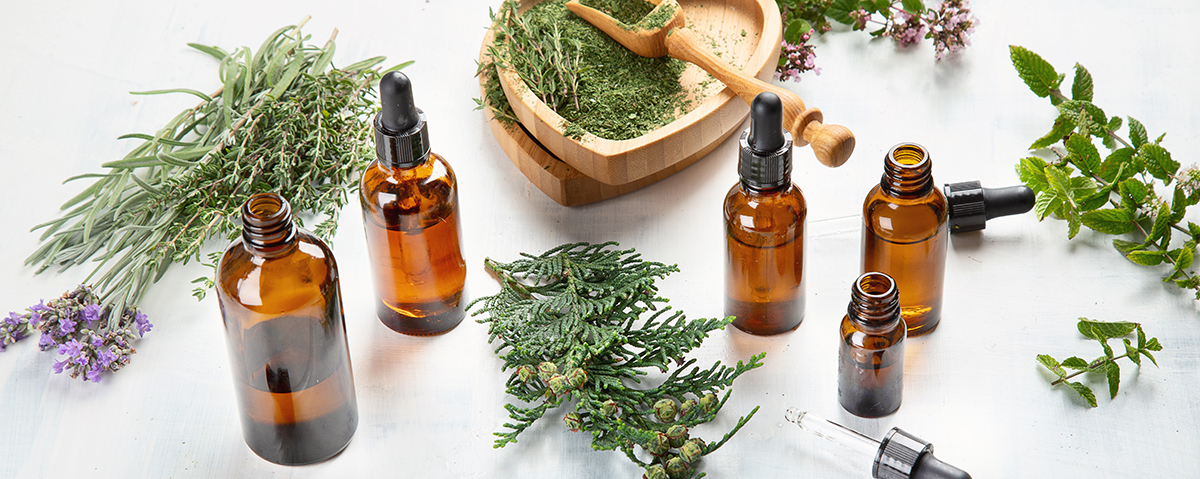 Mineralised Salt Baths
Mineralised Salt Baths
Muscle Tension
Muscles, in the course of their work, use oxygen and nutrients and produce carbon dioxide and waste products. The principle waste product of muscle metabolism is lactic acid. Nutrients and wastes are transported to and from muscles by blood circulation, so the efficiency of this transport system is dependent upon good blood flow. Poor or insufficient blood flow causes an accumulation of lactic acid, producing tension in muscles.
Muscle Pain
There are many types of muscle pain, but all of us are familiar with the stiff, achy feeling of a muscle which is reacting to an unusual level of exercise, a chronic strain or build up of stress-related tension. This achiness is caused by the development of lactic acid residues in the muscle tissue, compounded by the fact that a tight muscle clamps down on its supplying blood vessels and impedes drainage of its own tissue.
Massage
Massage acts on tight achy muscles in several ways. It helps relax tension and spasm and promotes the release of lactic acid from the tissue. This relaxing action automatically enhances the function of the supplying blood vessels. In addition, massaging actively increases the rate of blood flow to and from the area.
Epsom Salts
Because of the high magnesium content, Epsom salts promote the release of lactic acid from muscle tissue. An Epsom salts bath can be helpful any time you are suffering from achiness and muscle strain. It is also an excellent idea for the evening after you have had a massage because it helps to clear out released lactic acid. Without this, there may be a temporary generalized soreness following the massage treatment of a particularly tight area. You can also use magnesium sulfate in replace of Epsom salts. We also love to add bicarb soda to the bath to soften the water and assist with alkalising. You can also use sea salt to relax the muscles. These can be purchased in bulk on line or from health food shops or pharmacies.
Aromatherapy Oils
To create the ultimate bathing experience, try these recipies using aromatherapy oils diluted in a carrier oil such as coconut, almond or olive oil.
Relaxing: chamomile, lavender and ylang-ylang
Rejuvenating: lavender, rosemary and peppermint
Antiviral: tea tree, eucalyptus, lavender and thyme
Just AHHHHHH: lavender, grapefruit, geranium, ylang-ylang and patchouli
Dry skin: chamomile, geranium, patchouli
Instructions for Taking the Bath
Use 2-4 cups in a full bath, the temperature of which is as hot as you can comfortably tolerate. You must soak in the bath for a minimum of 20 minutes, without adding any bathing solutions or oils and without using soap, as these substances will alter the chemistry of the water. After soaking for 20 minutes, you may wash or rinse off as you wish.
To replace the fluid you lose as perspiration, keep a glass of cold water beside you ( I love coconut water as its super hydrating ) and sip it during the bath. If you like, you may also wring a towel in cold water and wrap it around your neck. As with any hot bath, make sure you get out of the tub slowly and carefully.
CAUTION: If you are over 50 or have diagnosed heart trouble, you should moderate the water temperature and avoid submerging your body above heart level. You should definitely use a cold towel around your neck, keeping a bucket of cold water available beside the tub for wringing. If you have any concerns about whether a hot tub will affect you adversely, please consult with your doctor before using the Epsom salts bath.

